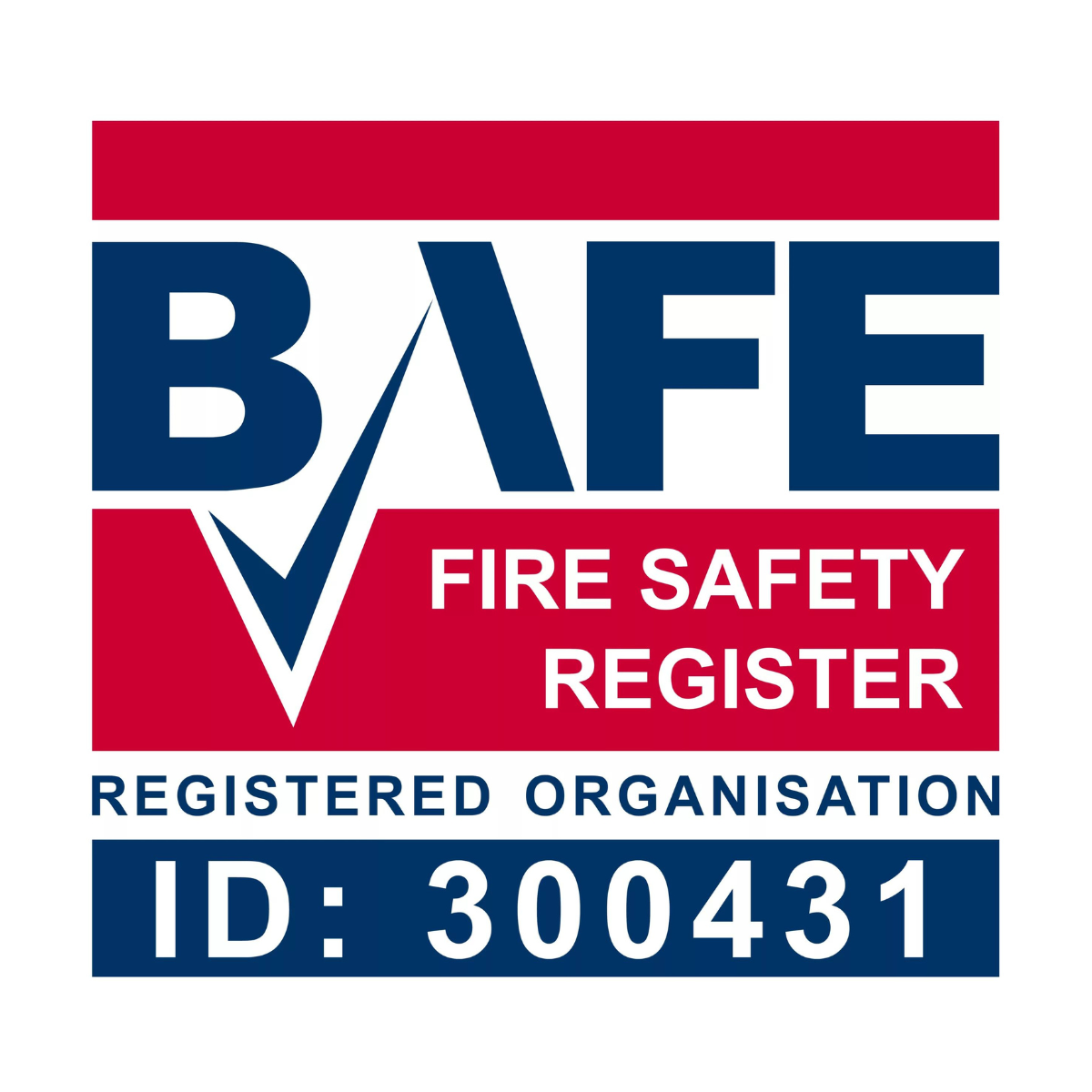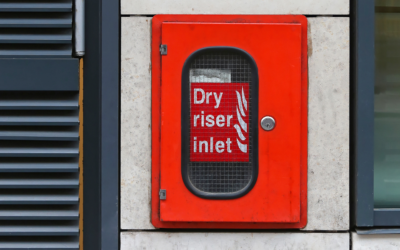Fire Protection
Fire Alarm Systems
Request a Call Back
Very different to an intruder alarm, a fire alarm is a device that senses smoke, heat or flame and alerts occupants of the building by sounding an audible signal. It can be battery-powered or hardwired into the building’s electrical system.
Having a working and regularly serviced fire alarm is one of the most effective ways to protect your premises and staff from fires. At OHEAP our qualified and accredited engineers will design, install, test and service the best fire alarm systems for your premises.
What We Offer

Fire Alarm System Design
If your looking to have a fire alarm or emergency lighting system installed in your premises then our specialist fire alarm engineers can help. Our system design will be completely bespoke to your premise. All our designs are completed in line with British standard BS5839-1:2013 and the Regulatory Reform Order (2005).
Designed specifically for your business
Designed in line with British Standards
Carried out by BAFE accredited engineers
Fire Alarm Installation
When it comes to installing your new alarm or emergency lighting system we’ll work around you. We’ll book in your installation on a day that suits you and aim to install it discreetly with minimal disruptions to your business. Our engineers are BAFE and NSI Gold certified so you can be sure of a quality and professional service.
Carried out by BAFE accredited engineers
Installed to British Standards
Carried out with minimum disruption


Fire Alarm Servicing
Our engineers can service any new or existing fire alarm or emergency lighting system in your premises. Working around you and your staff our engineers will carry out all servicing without disturbing the day to day running of your business.
Serviced inline with British Standards
Carried out with minimum disruption
Carried out by BAFE accredited engineers
Frequently Asked Questions
What Is A Conventional Fire Alarm?
Conventional fire alarm systems are a popular choice for small to mid-sized facilities that do not require advanced features, such as addressability. A conventional fire alarm system utilises hard wiring to connect each initiating device to the control panel.
The main advantage of conventional systems over addressable ones is cost. Conventional systems can be installed at a much lower cost than their addressable counterparts.
What Is An Addressable Fire Alarm?
An addressable fire alarm system is a type of fire detection system that can be programmed to recognise specific devices within the network. This allows for quicker responses and more efficient troubleshooting.
Addressable systems typically consist of a central control panel and individual devices that are connected together by wire or wireless technology. Each individual device has its own unique address, making it easier to identify the exact device that has been activated in the event of an emergency.
The primary advantage of an addressable fire alarm system over conventional systems is that it makes it easier to pinpoint where the issue occurred in case of emergency situations, especially if multiple devices have been activated at once or if one device fails repeatedly.
What Is A Wireless Fire Alarm?
A wireless fire alarm is a type of smoke detector that uses RF radio waves to send messages from one alarm to another. These devices are often used in commercial buildings where wiring is more difficult or may affect building structure. When a wireless fire alarm detects smoke or heat, it sends a message over the radio frequency so that other nearby devices can be alerted as well. This allows the alarms to work together to give you more coverage than traditional wired devices alone would provide.
Accreditations
We work with several third-party bodies to ensure we work to the highest industry standards.
Get A Quote
PAGE: Fire Alarms
Fire Protection Insights
The Complete Guide to Alarmed Door & Window Contacts
One stand-out security device that has had a significant impact on safety and security is door and window contacts. For carers looking after dementia patients or elderly relatives, these devices are indispensable. They provide alerts when a door or window is opened,...
Dry Riser Testing & Maintenance – A Complete Guide
Dry risers play an extremely important role in ensuring fire safety in large buildings. In this comprehensive guide, we will delve into what dry risers are, how they function and the legal requirements surrounding them. We will also explore the potential consequences...
A Guide to Fire Safety in Entertainment Venues
Fire safety is vital, especially within entertainment venues. In accordance with the Health and Safety at Work Act 1974 every person, attending or working such events, must be aware of and provide fire safety. There are many factors that affect fire safety. This guide...







